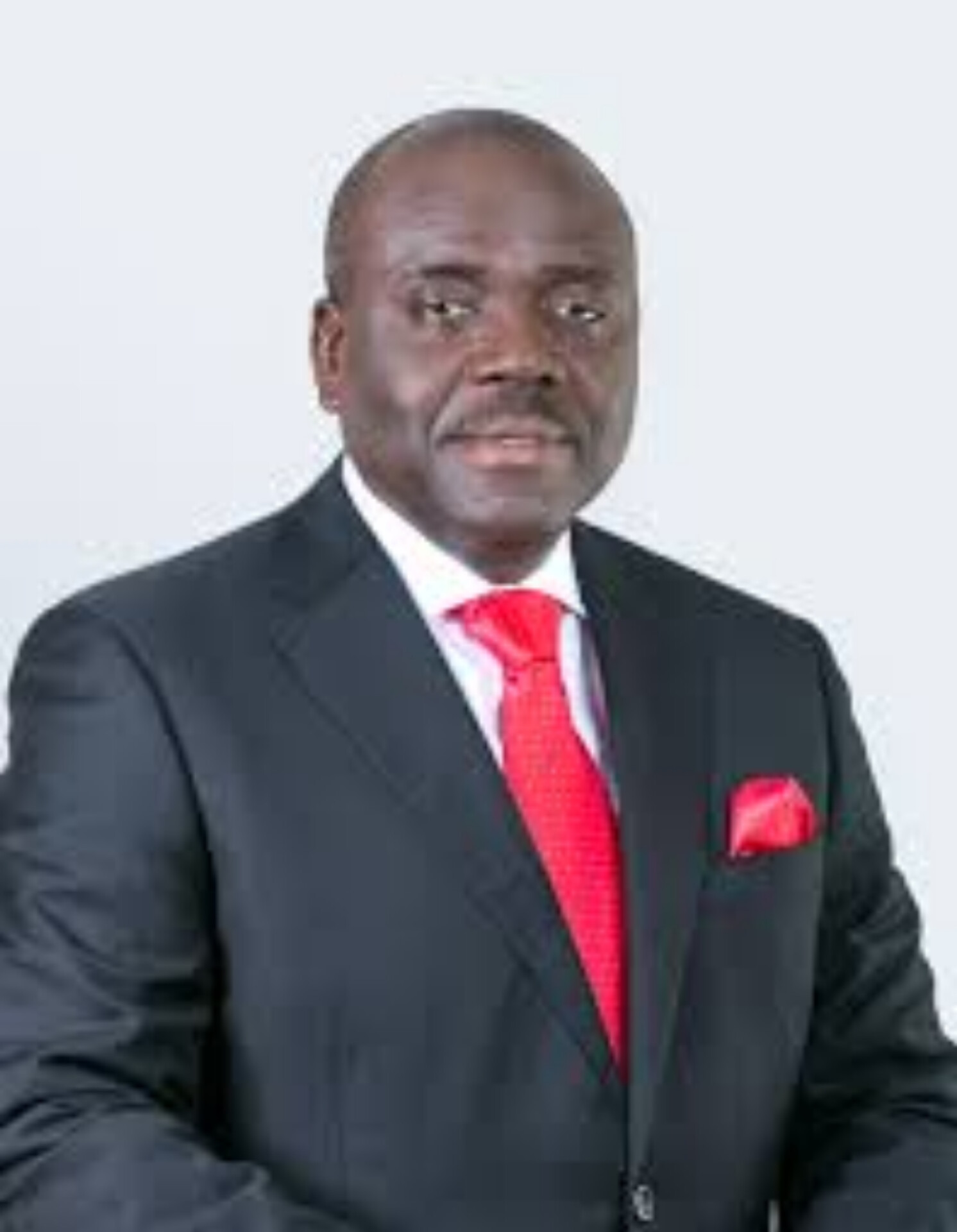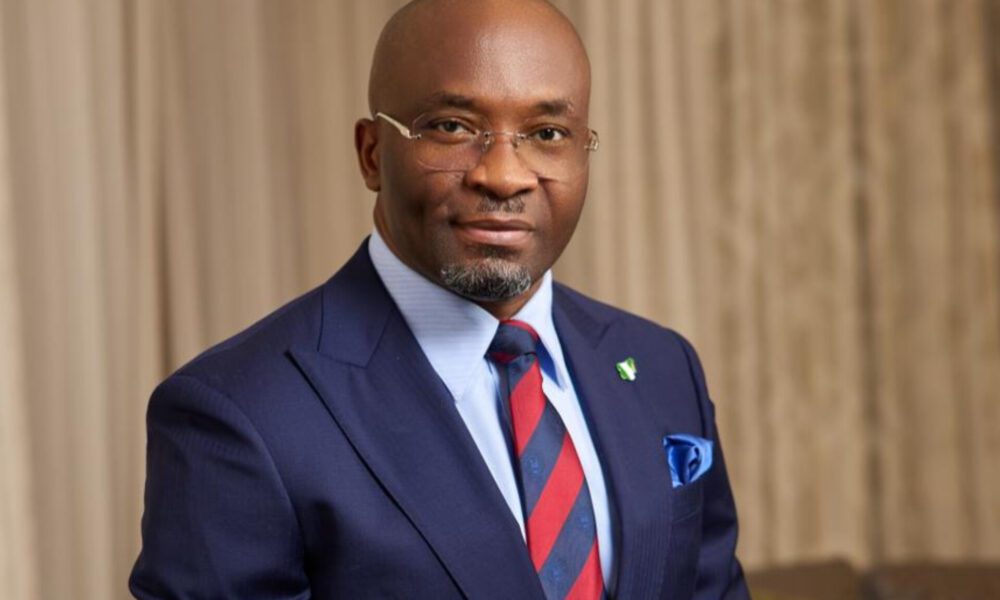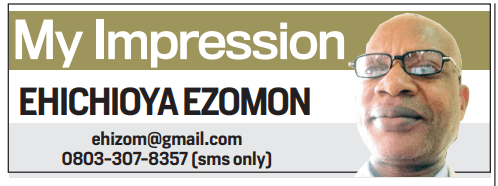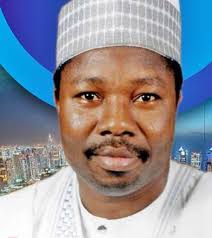By Tunde Olusunle
Nigeria’s popular and highly regarded Thisday newspapers did its typical annual summation of remarkable individuals and corporate entities who and which impacted the broad esplanade of the nation’s multispectral space, last year. The front page of the Monday December 25, 2023, which was the Christmas day edition of the publication featured portraits of some of those the newspaper described as “Movers and Shakers” of the receding year. It was a potpourri of impactful contenders for the highest political offices in the land, as well as state governors who were deemed to have offered good governance to their constituents. High-flying business leaders and standout bankers who were variously considered to have etched footprints on the sands of the year, equally made the honours roll.
While the front page of the newspaper under review could understandably not accommodate the faces of all those who were adjudged to have excelled in their various departments, the inside pages were more encompassing. “Usual suspects” like the pluri-faceted businessman, entrepreneur and industrialist Aliko Dangote and his “running mate” Abdul Samad Isyaku Rabiu who is breaking grounds in agriculture, infrastructure and manufacturing, had their faces featured on the front page of that newspaper. So was the visage of “Lagos boy” Femi Otedola, a precursor in the power and banking sectors, who is also famous for his philanthropic activities. Mele Kyari, Group Executive Officer of the Nigerian National Petroleum Company Ltd, also featured on the cover of the publication.

Abdulrasaq Isa Kutepa may not have been emblazoned on the outer pages of the tabloid under reference. He features very prominently, nonetheless, in the section devoted to the interrogation of “movers and shakers” of national socioeconomic space. Indeed a few days before the mention in *Thisday,* I had authored an essay titled “As Torrents Of Trophies Pour for Isa Kutepa” which received generous media ventilation. Kutepa is the Chairman and Co-Founder of Waltersmith Group of Companies. Waltersmith Petroman Oil Limited, one of the subsidiaries under the umbrella organisation is prosecuting a silent revolution in the nation’s oil sector. The piece published in the Saturday December 23, 2023 edition of Thisday, drew attention to the unmistakable ascent of the Kutepa/Waltersmith brand in Nigeria’s business and investment firmament.
From its *Ibigwe* field in Imo State, Waltersmith Petroman operates a modular refinery which was commissioned in 2020, by Muhammadu Buhari, Nigeria’s former President. The refinery aims to produce diesel, naphtha, heavy fuel oil, (HFO), and kerosene. Refined petroleum products from Petroman’s modular complex is targeted primarily for states in the south east zone. Anambra, Enugu, Abia, Imo and Ebonyi states therefore, are the primary beneficiaries of the Petroman, 5000 barrels per day modular refinery. Efforts are afoot to upscale the capacity of the refinery to one with a processing capacity of 40,000 barrels per day. This upgraded capacity will be fed from the Assa marginal field acquired in 2021.
More lately, Waltersmith Petroman has featured very prominently on the list of a quintuple of investors who aspire to procure the Shell Petroleum Development Company of Nigeria, (SPDC), from the British energy giant, Shell. The foremost global brand desires to withdraw from onshore oil production in the Niger Delta region after nearly 100 years of oil and gas operations in Nigeria. Renaissance Consortium a muscular agglomeration comprising: ND Western, Aradel Energy, First E & P and Waltersmith, all prominent local oil exploration and production entities, in collaboration with Petrolin, a Swiss-based trading and investment company, nicked the deal.
The very fact that Kutepa’s organisation is having a bite of a $2.4Billion SPDC transaction speaks to the rapid ascent of Petroman in the nation’s oil and gas sector. An initial $1.3Billion will be raised by the consortium of buyers and paid to SPDC. At the consummation of the deal, $1.1Billion will be remitted to SPDC as balance and final payment. Waltersmith Petroman and its collaborators have made good progress in their recent collegial bid for the SPDC onshore assets, after efforts by a number of Nigerian-based energies failed. For the assurance of doubts, Sahara Group, Seplat Energies, Famfa Oil, Niger Delta Exploration and Production, as well as Triolus Investments Ltd, previously took shots at the acquisition of SPDC. Heirs Oil and Gas, as well as ND Western equally bidded for SPDC.
Beyond accentuating its activities in the Nigerian oil and gas sector, Waltersmith Petroman has been making international incursions. In 2019 for example, the organisation acquired an oil block in Equatorial Guinea’s Niger Delta basin, known as Block EG-23. Waltersmith Petroman Oil Limited and Hawtai Energy Hong-Kong were granted a 40% participating interest each in the oil block while Equatorial Guinea’s national oil company, GE Petrol, was granted 20%. The octogenarian Teodoro Obiang Mbasogo Nguema has exercised a vice grip on the central African country for 44 years and still counting. The former Spanish colony with a population of less than two million people struck oil in 1995. The country’s Minister for Mines and Hydrocarbons, Gabriel Mbega Obiang Lima noted at the signing ceremony that the EG-23 Block was very strategic to the country’s economy. He noted that Equatorial Guinea had just signed a Memorandum of Understanding, (MOU), for its Liquefied Natural Gas, (LNG) train.
The gas reserves from the block Obiang Nguema noted will be needed for gas supply to the LNG. He applauded the proven competence and experience of Waltersmith Petroman, despite being a brother African country. The reputation of the Nigerian outfit had long preceded the eventual consummation of the deal, the Minister noted. Kutepa assured on that occasion that Waltersmith will draw from its experiences in its operations in deltas and riverine areas of Nigeria in fast tracking operations on “Block EG-23.” He pledged that the operations of Waltersmith in the region will indeed boost the economy of the country by helping to extend value creation down the line.
Founded in 1998, fully operationalised in 2008, Waltersmith Petroman has blossomed into a formidable player in Nigeria’s business firmament through the years. Kutepa’s dream across time has been to grow Waltersmith into a diversified Nigerian conglomerate which he continues to pursue. The walls and shelves of the corporate headquarters of the organisation beam with commemorative plaques and mementos presented to it for its innovations in the oil and gas sector. In 2020, Waltersmith Petroman won the “Refinery Project of the Year” as well as the “Future Industry Leader” awards. In the following year, it won the “Nigerian Oil and Gas Indigenous Company of the Year” award, among several honours.
Kutepa himself has chaired the “Independent Petroleum Producers Group of Nigeria,” (IPPG), established in 2015, by indigenous exploration and production companies. Its principal focus is to help the maximisation of the contributions of the domestic oil and gas industry to the development of the country’s socioeconomy. Central to Kutepa’s corporate governance ethos and success is the ultra-strict adherence to global best practices. Things must be done rightly, transparently and methodically in conformity with laid down rules and procedures. Kutepa accepts nothing short of these minimums. The 360° transmutation of this man who graduated with an honours degree in sociology over four decades ago but who is today a big player in the corporate world, should command studies and exegesis by research enthusiasts.
Tunde Olusunle, PhD, poet, journalist, scholar and author is a Fellow of the Association of Nigerian Authors, (FANA)




